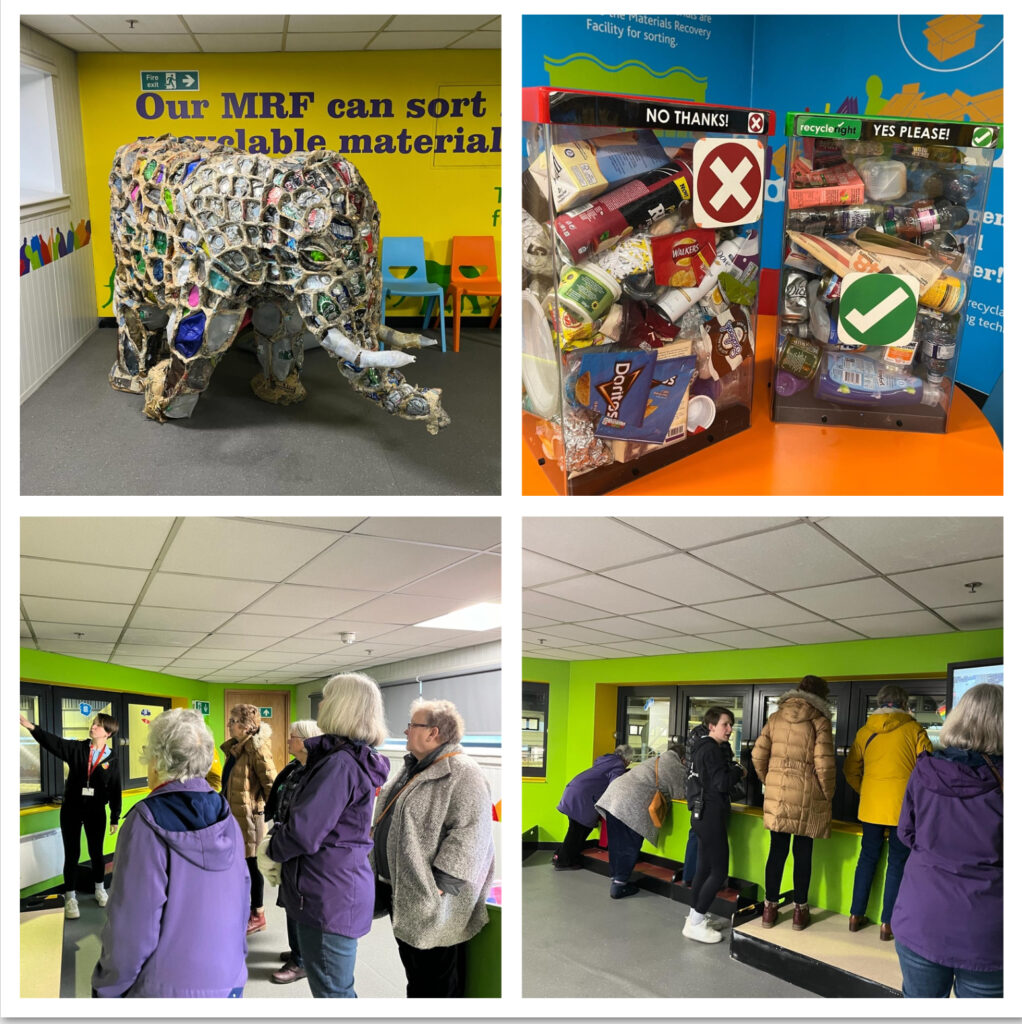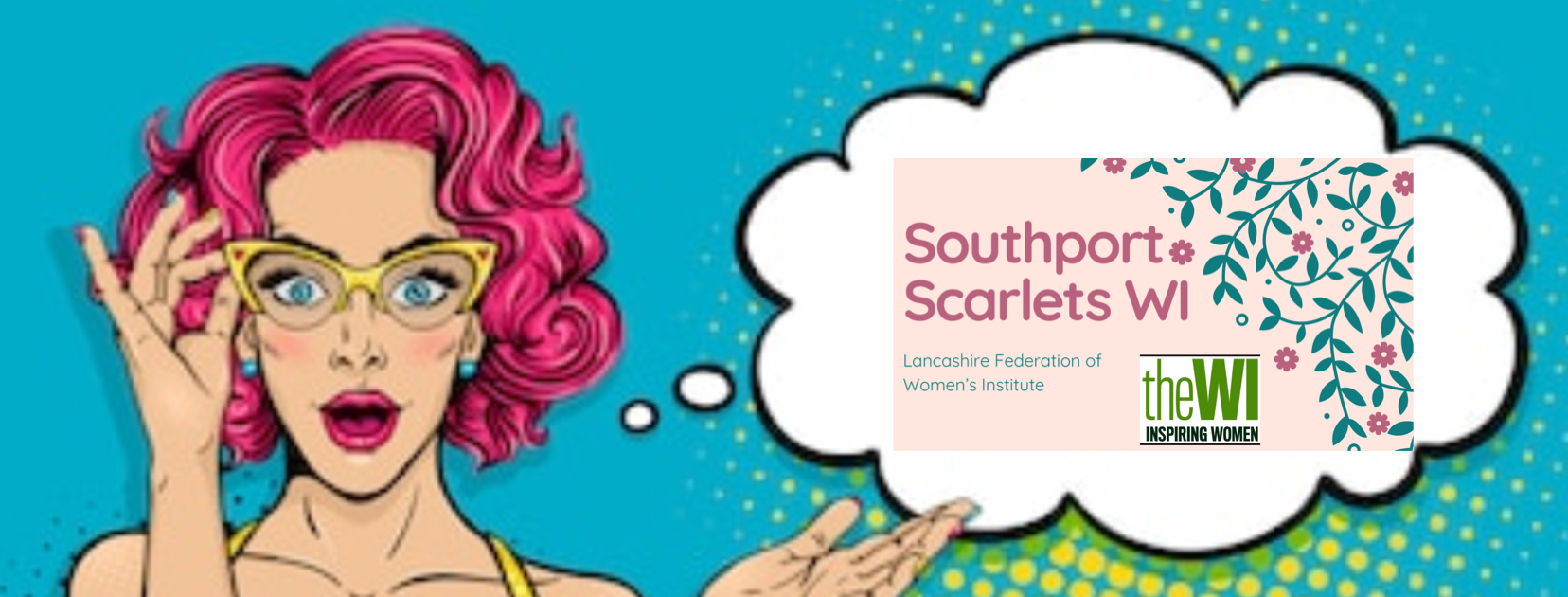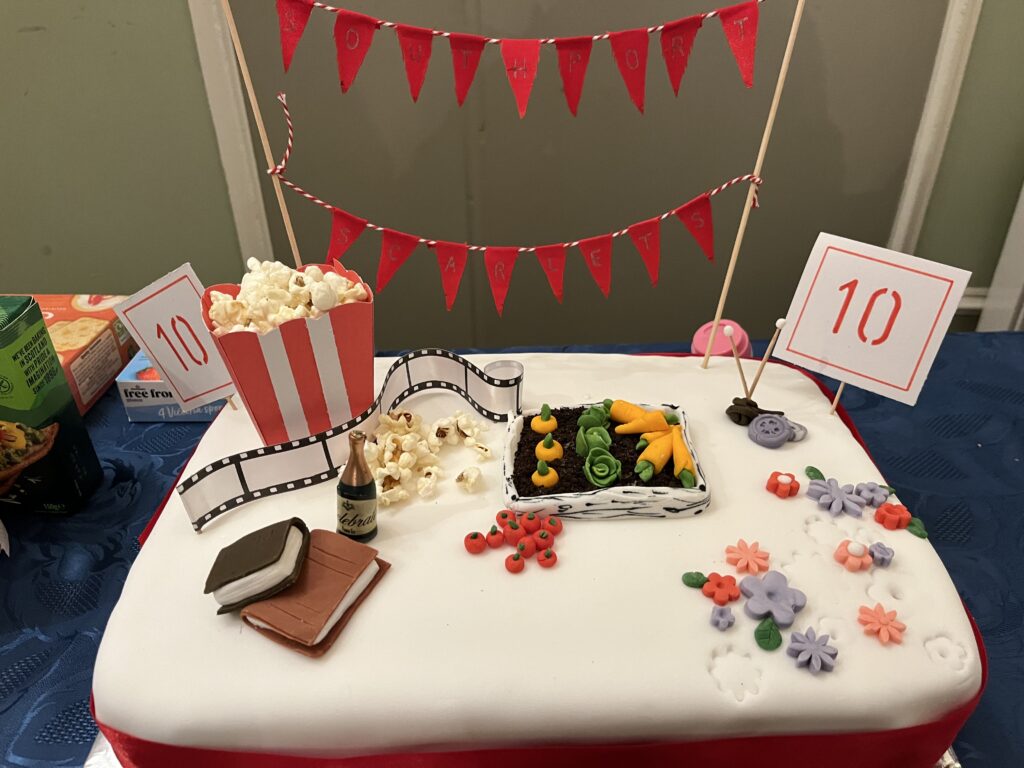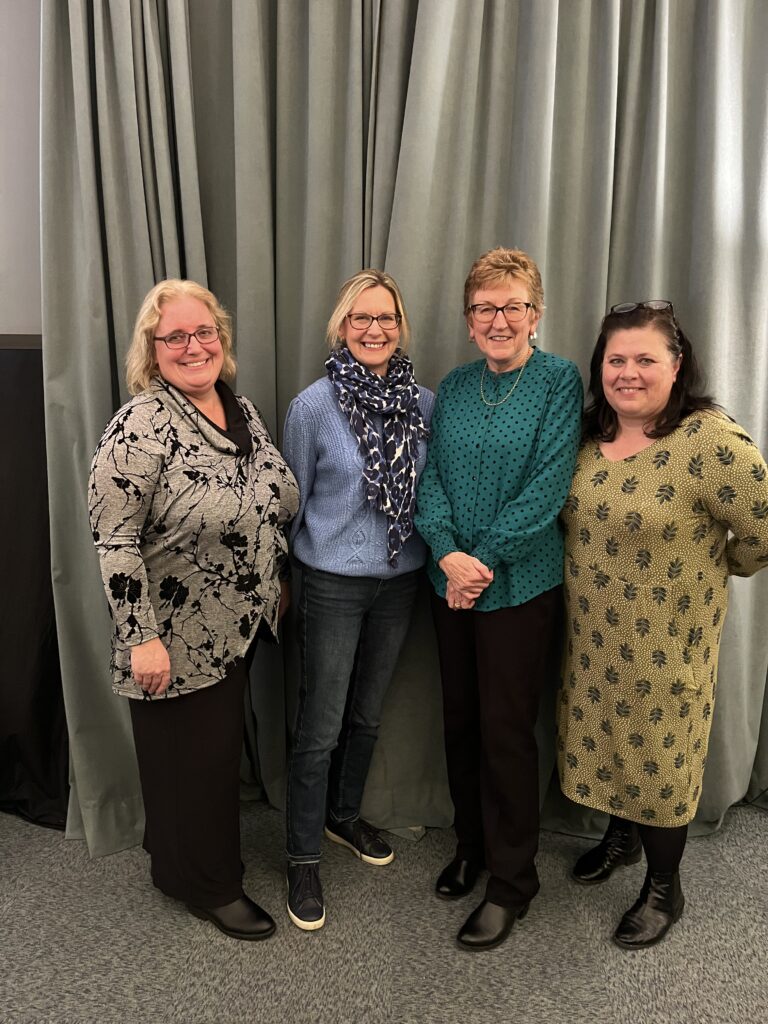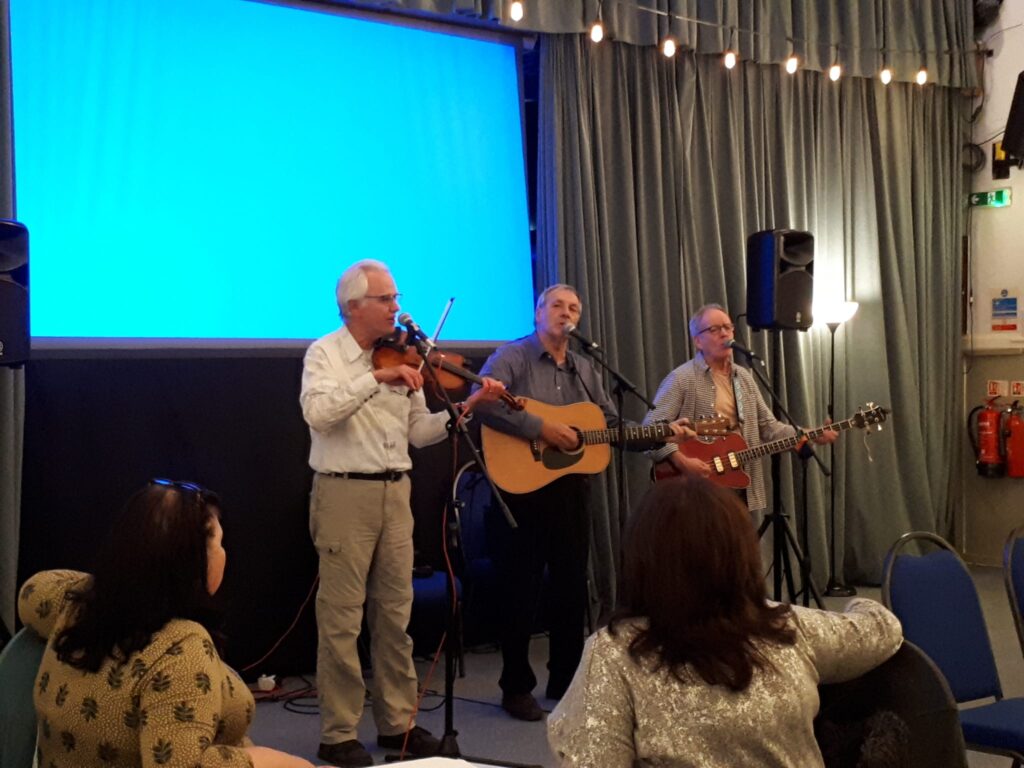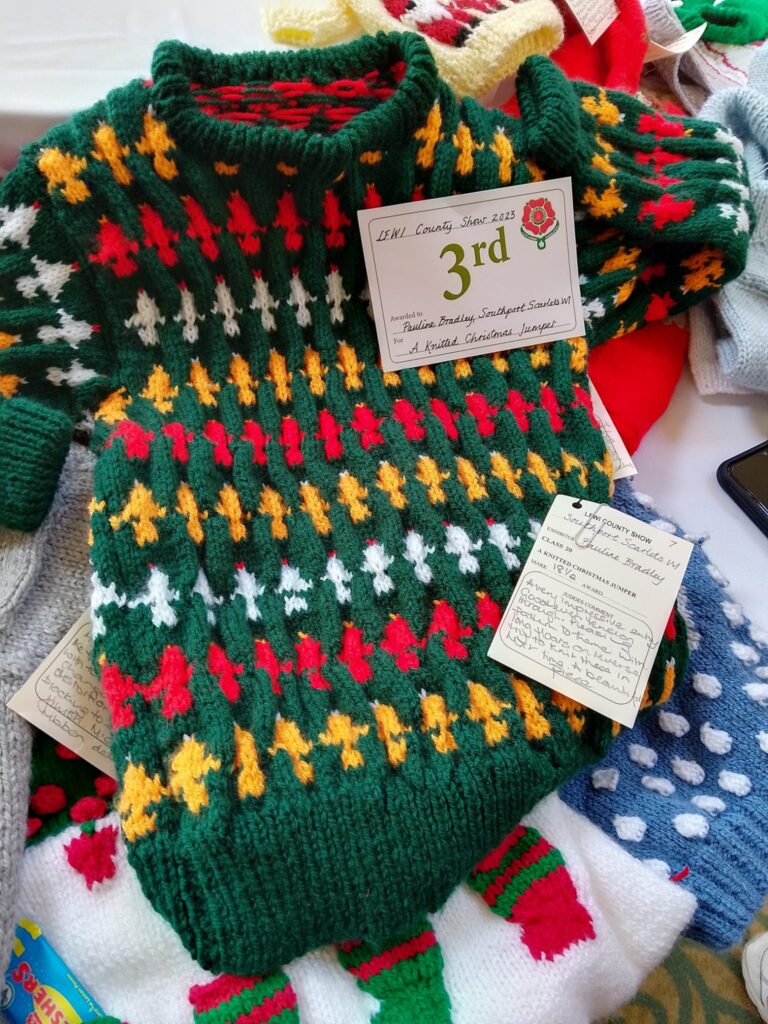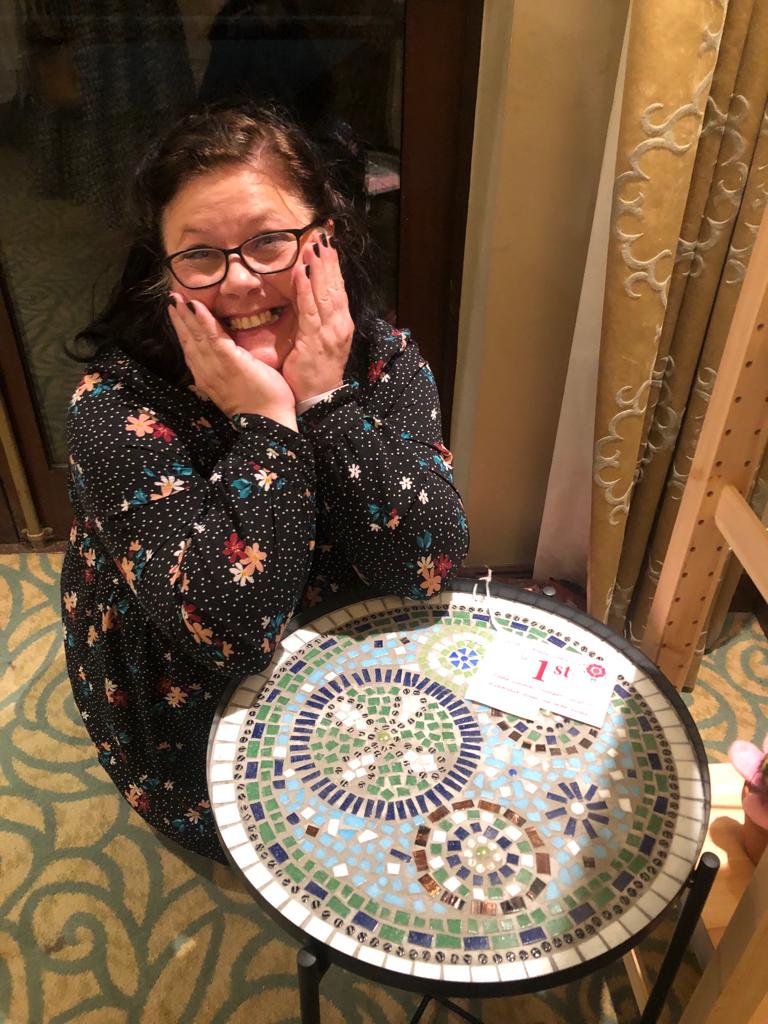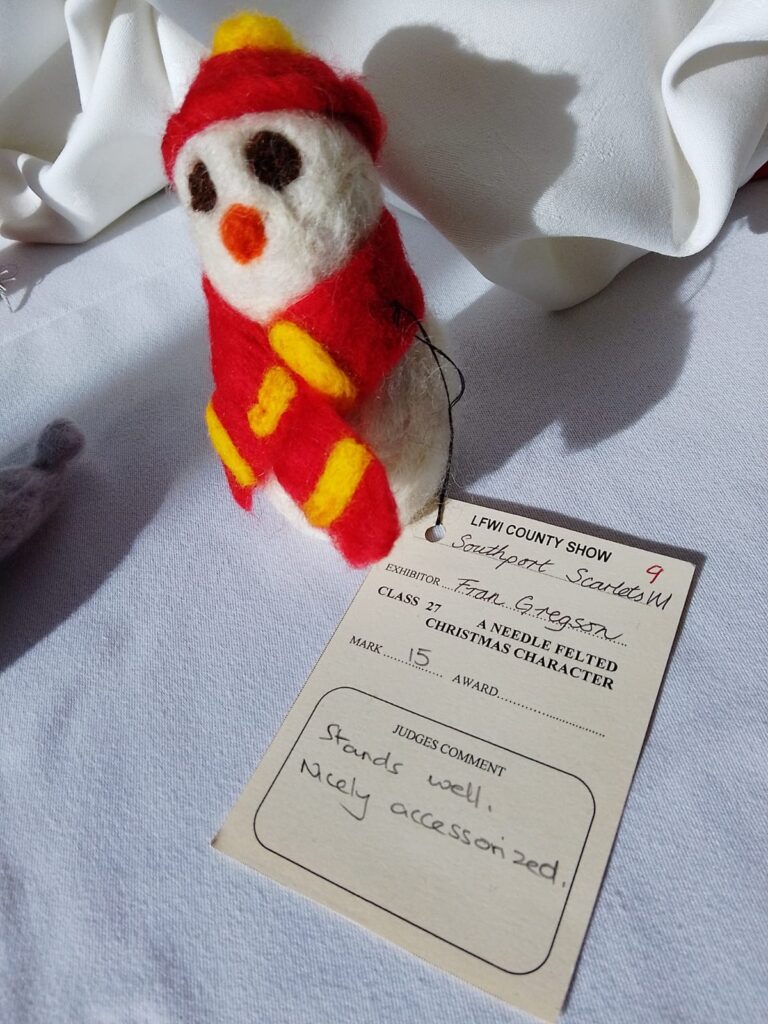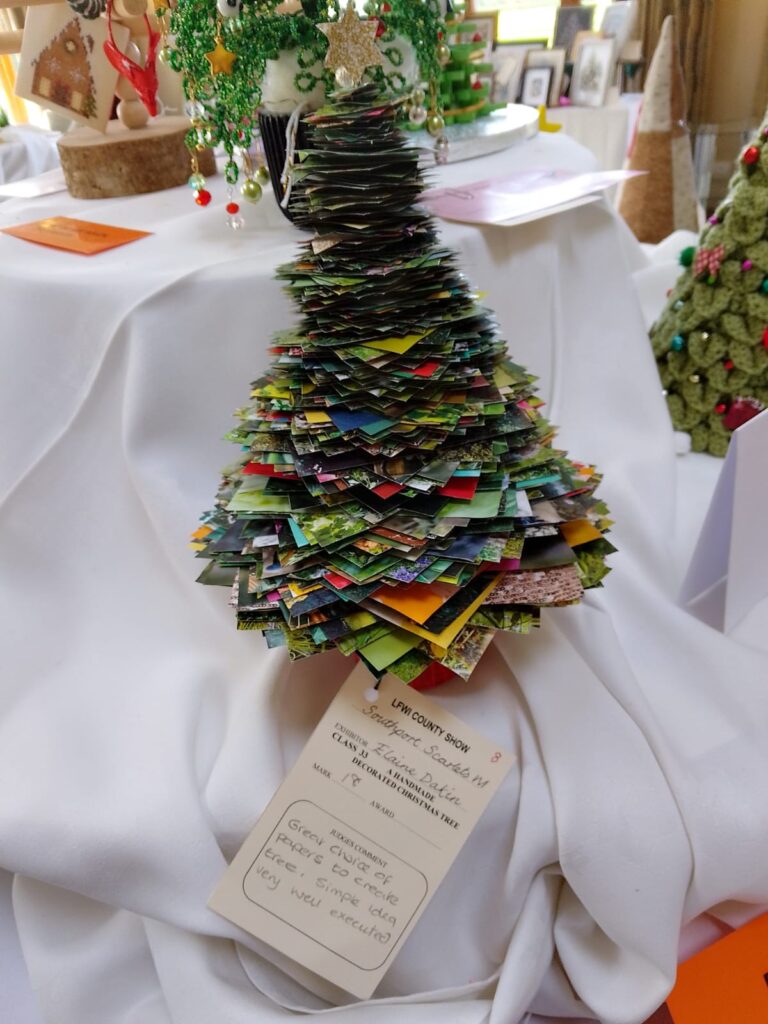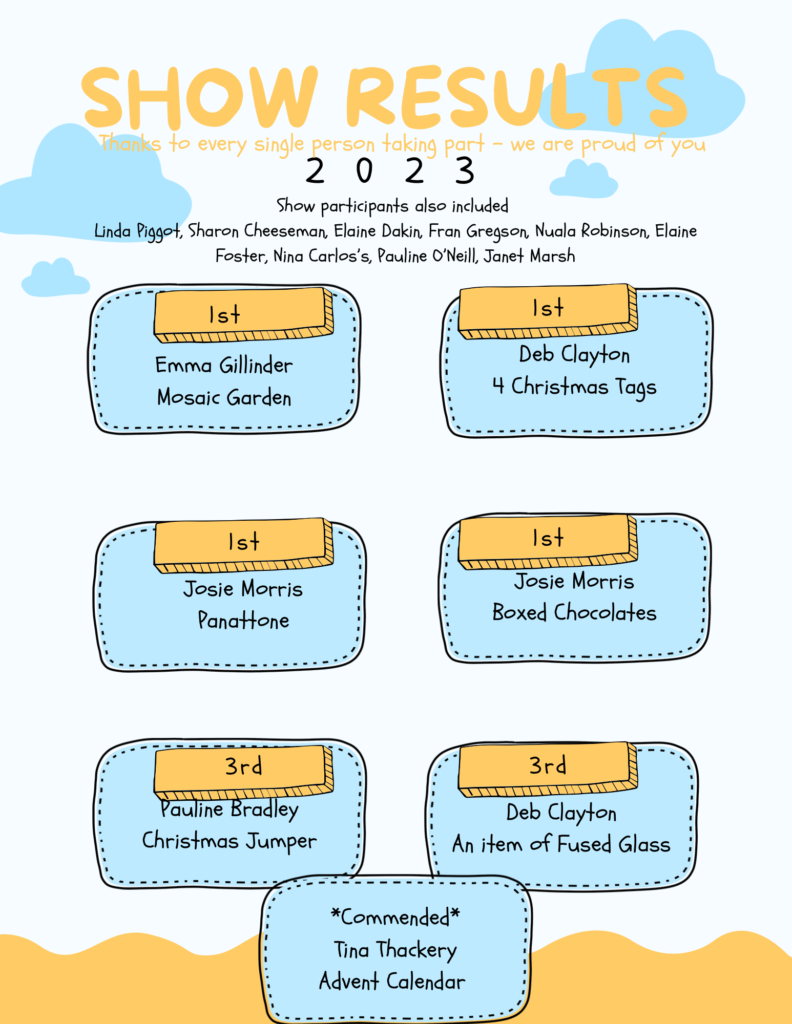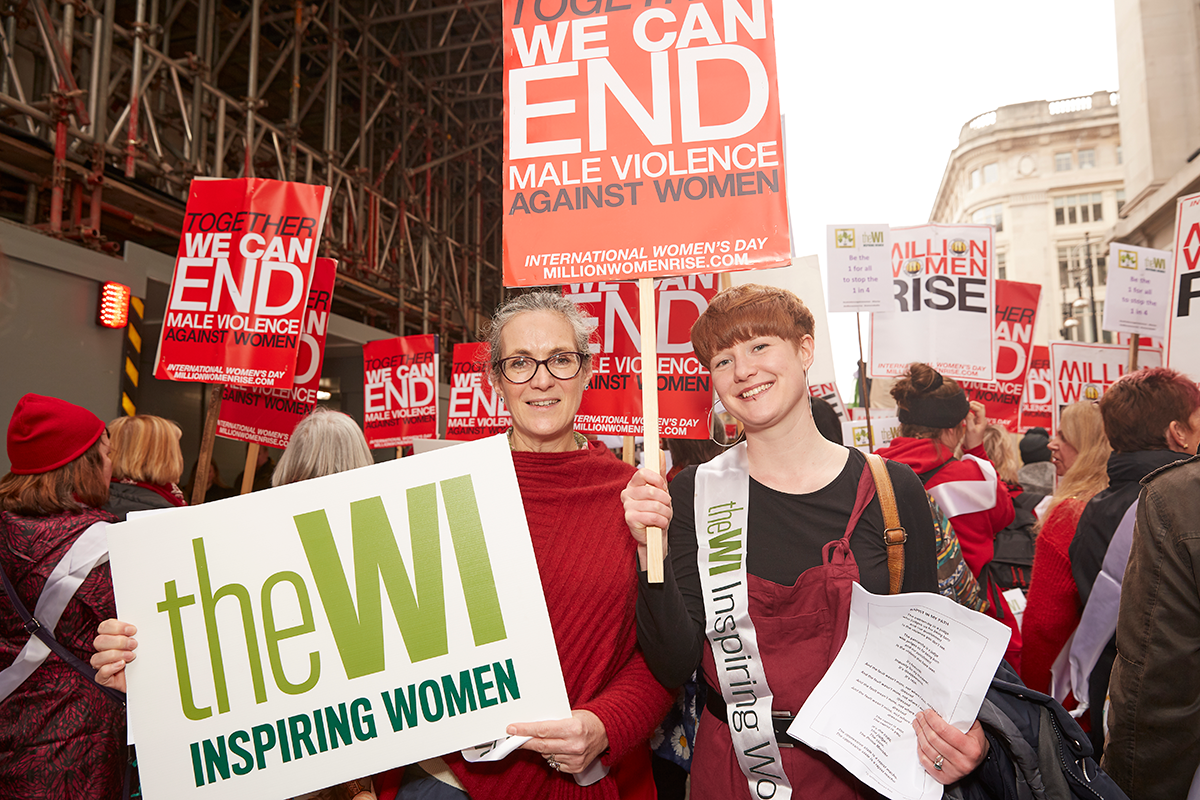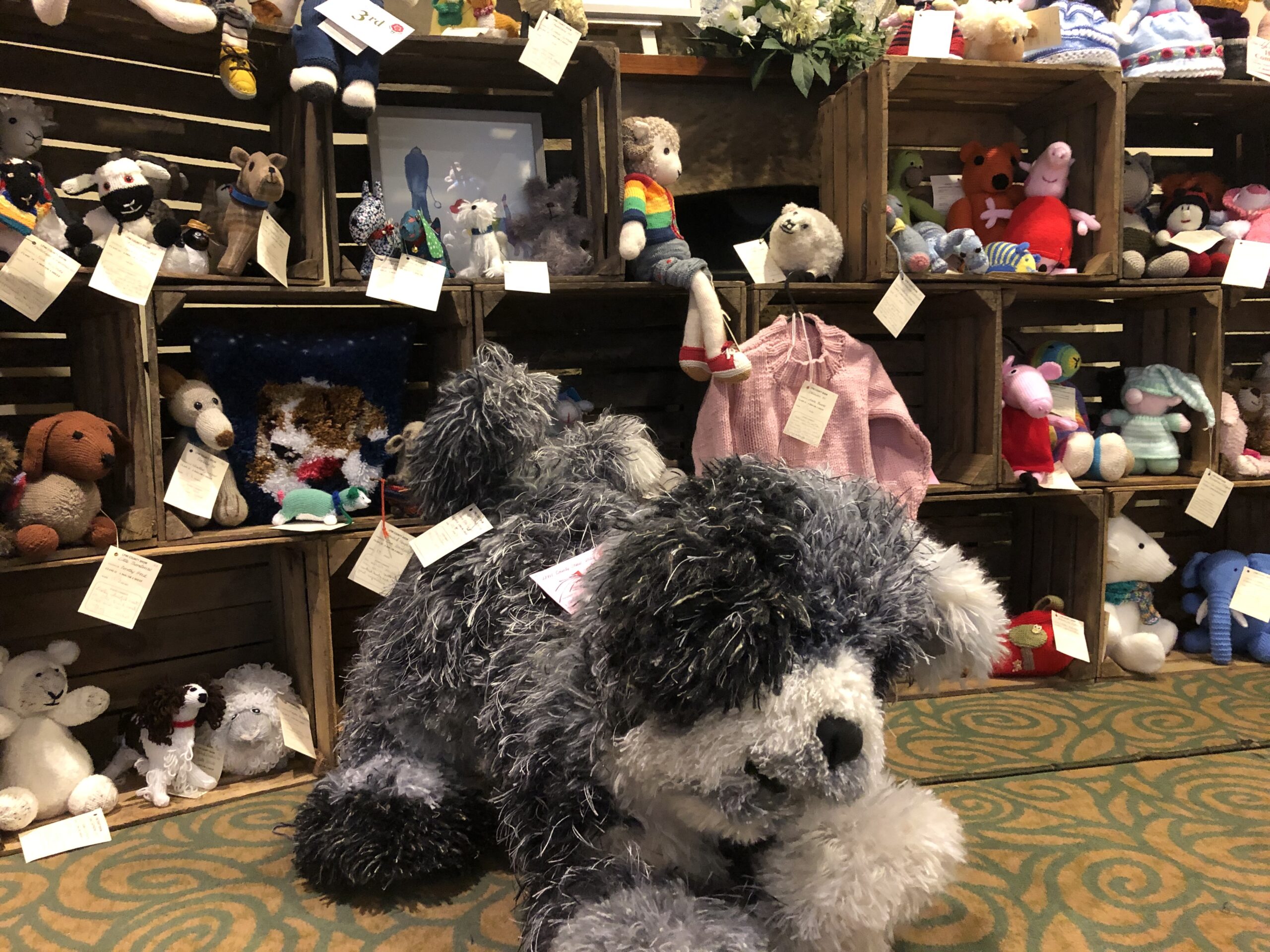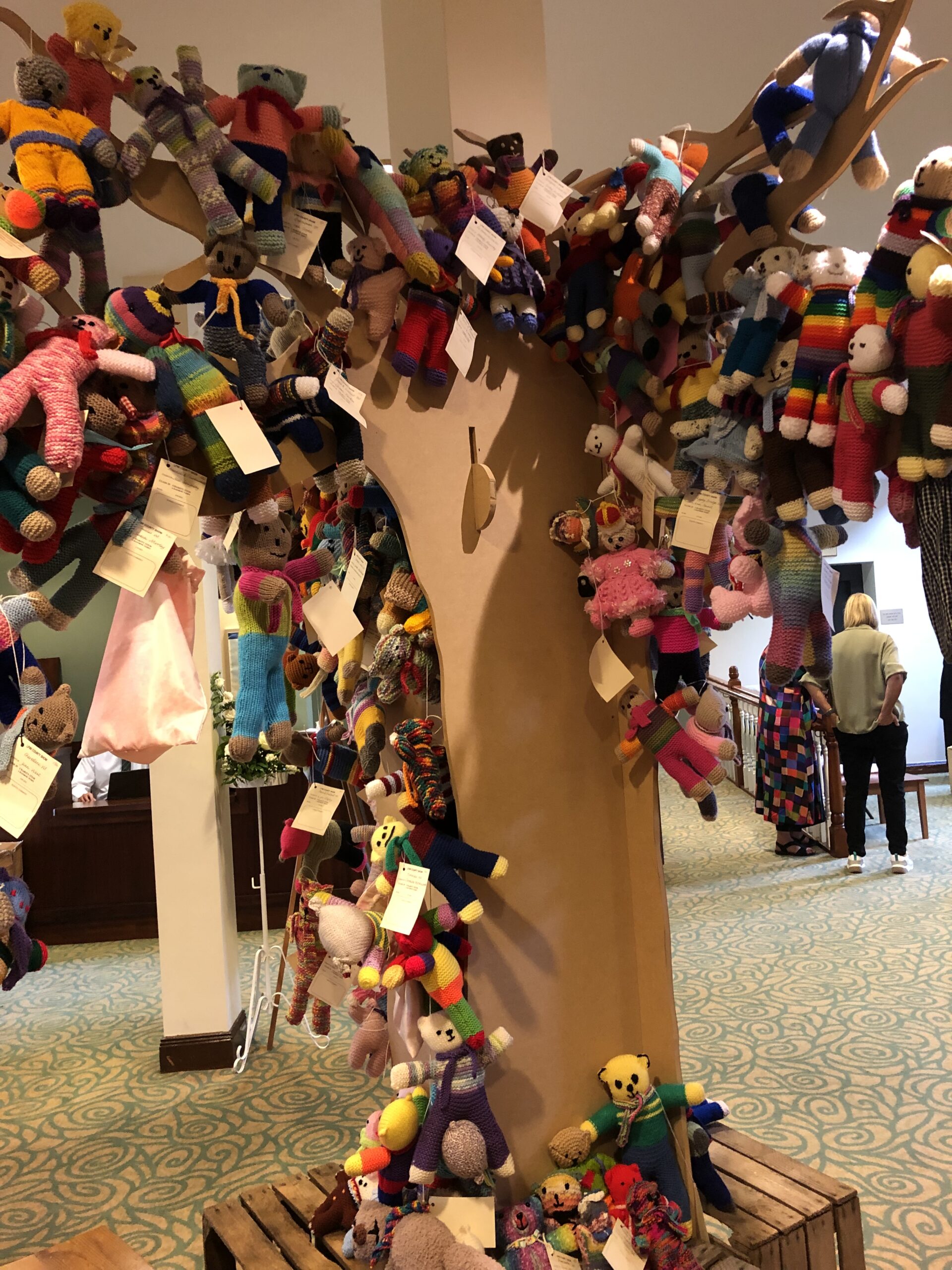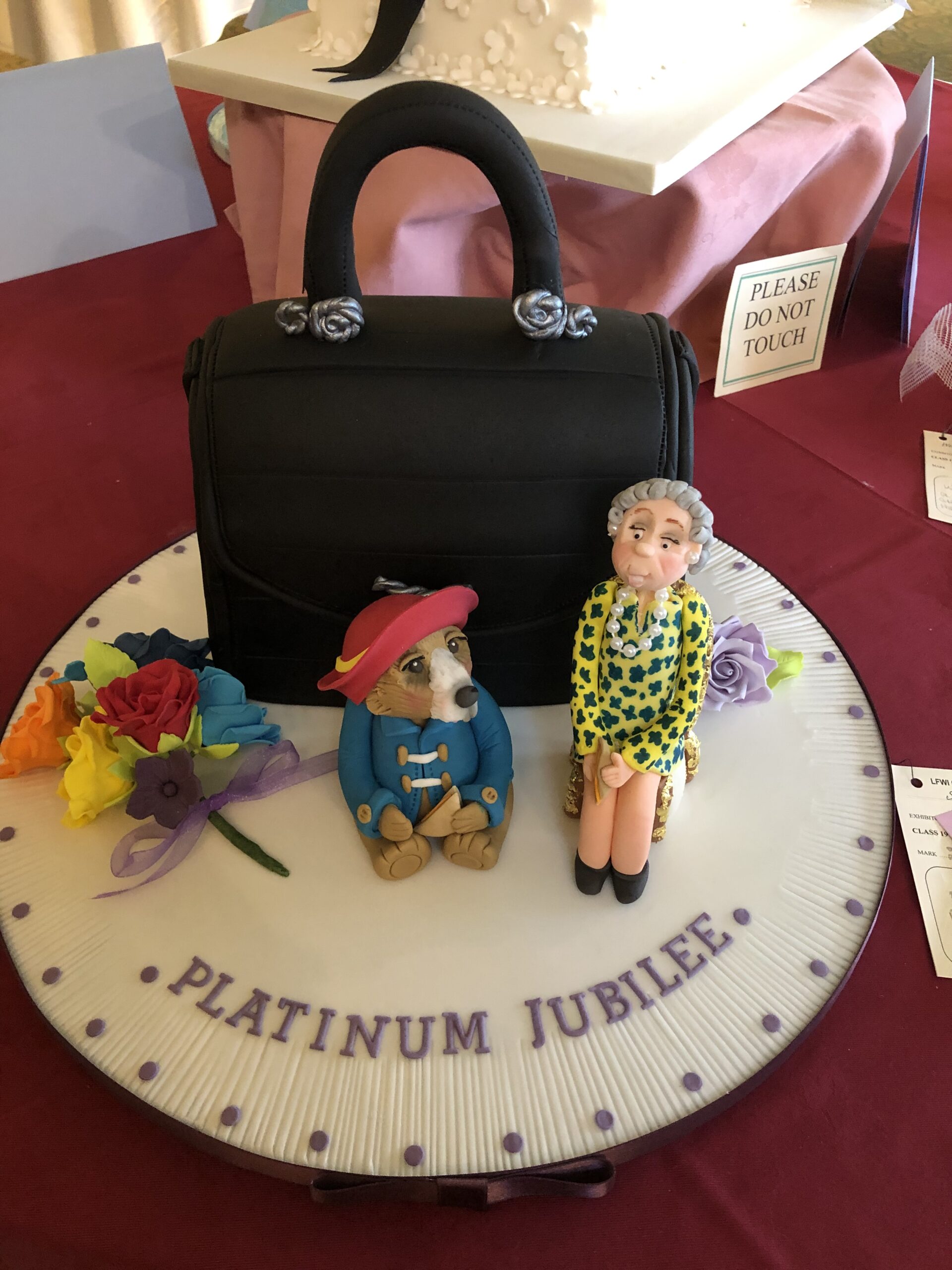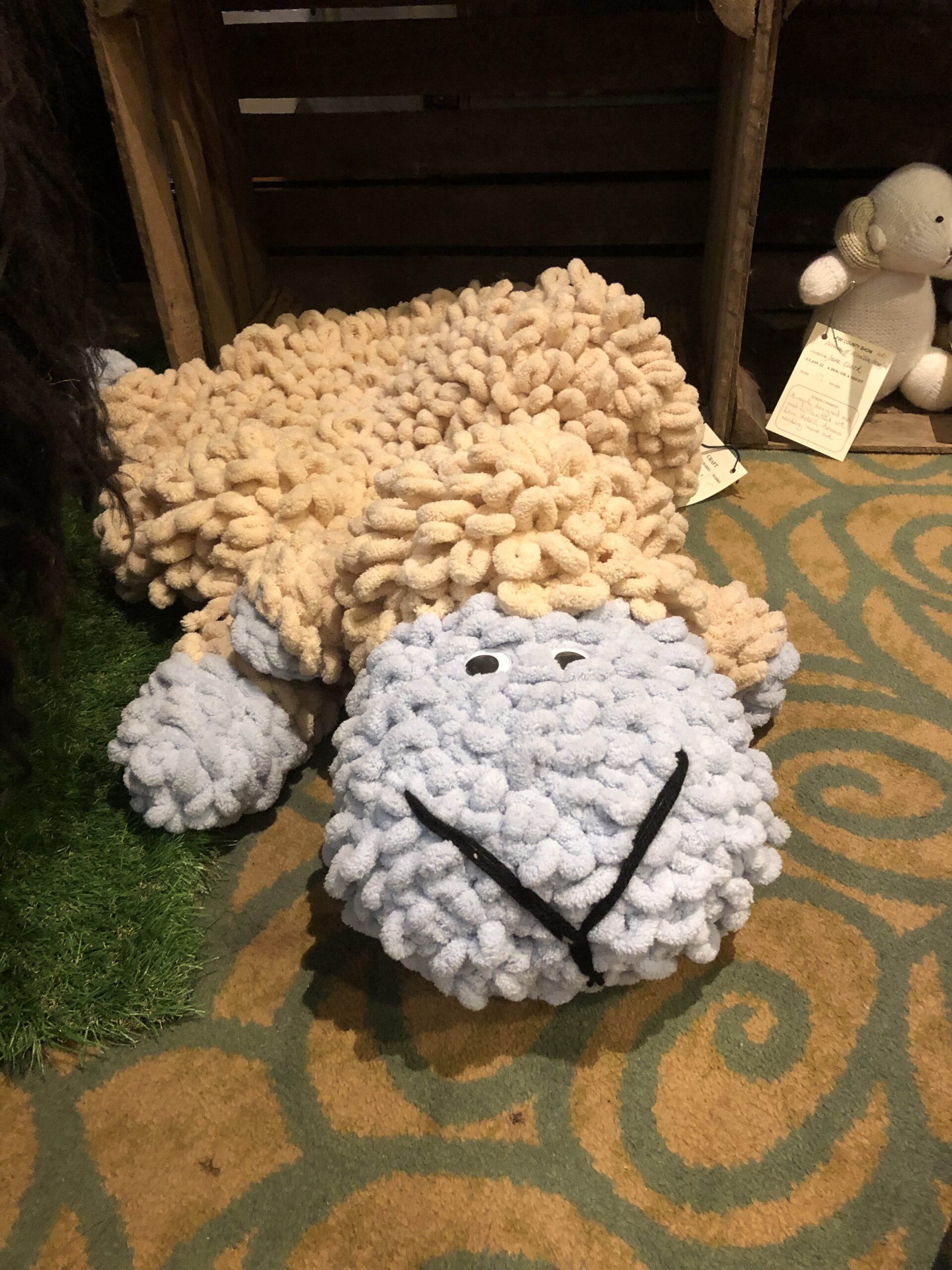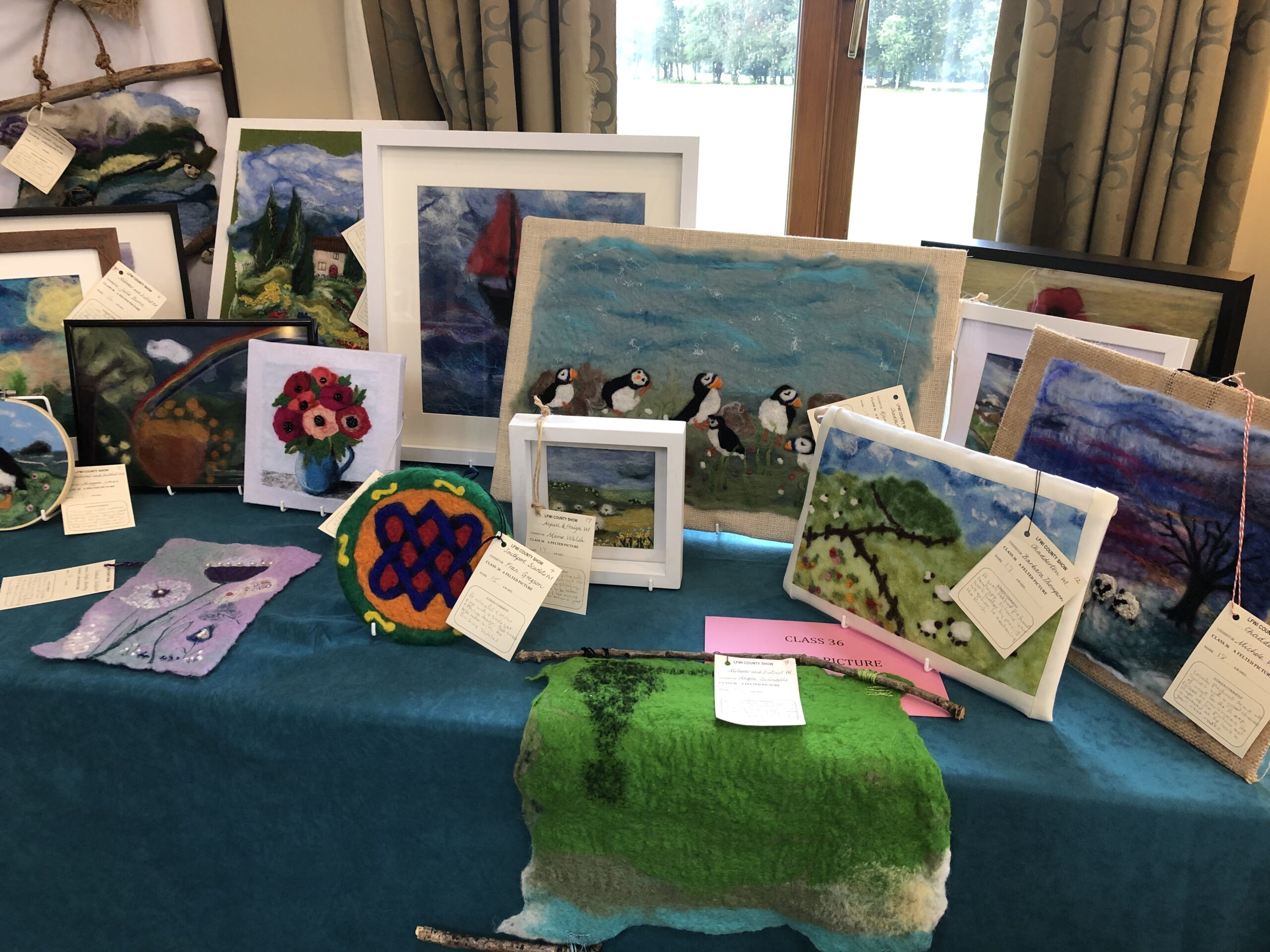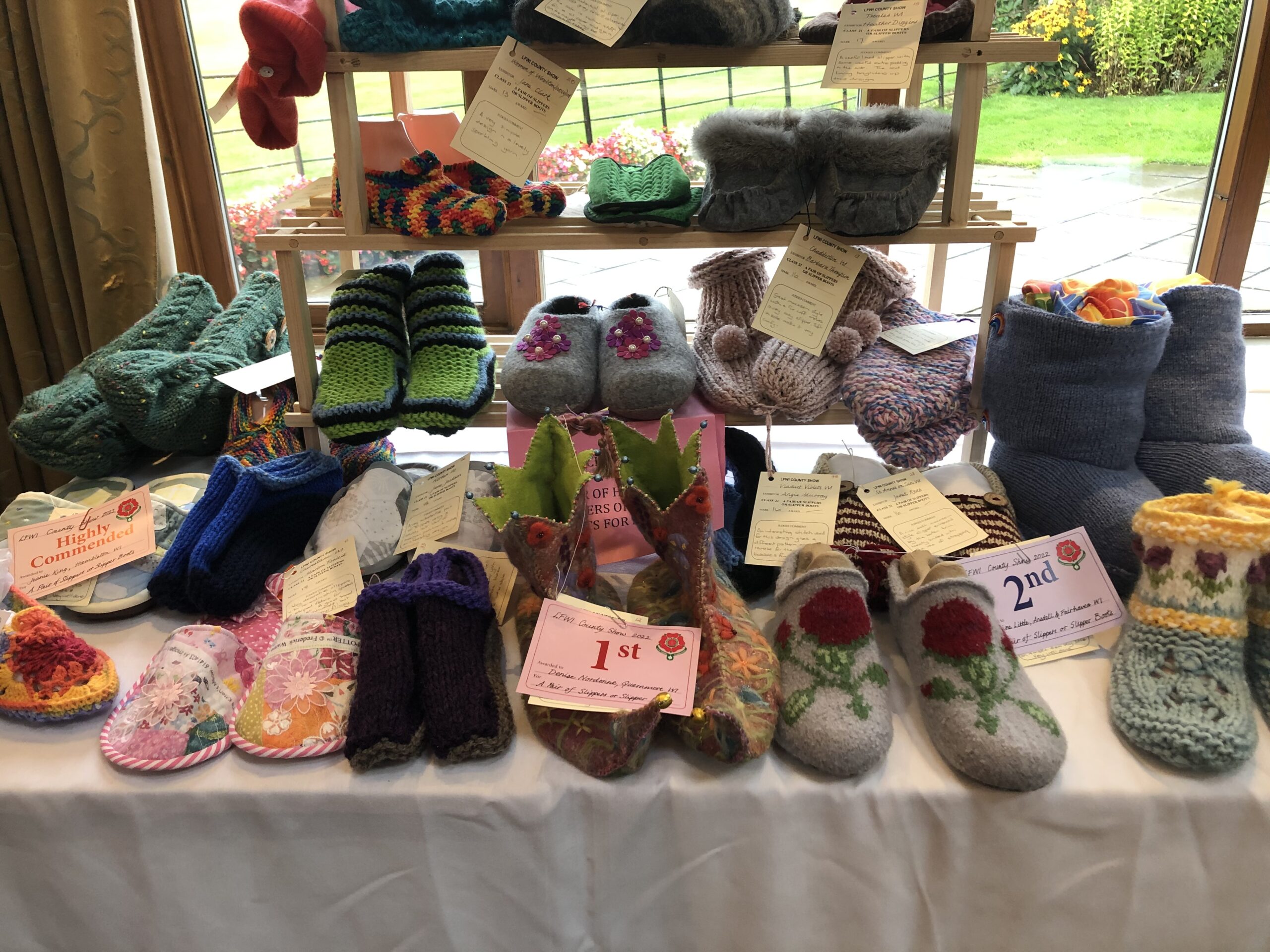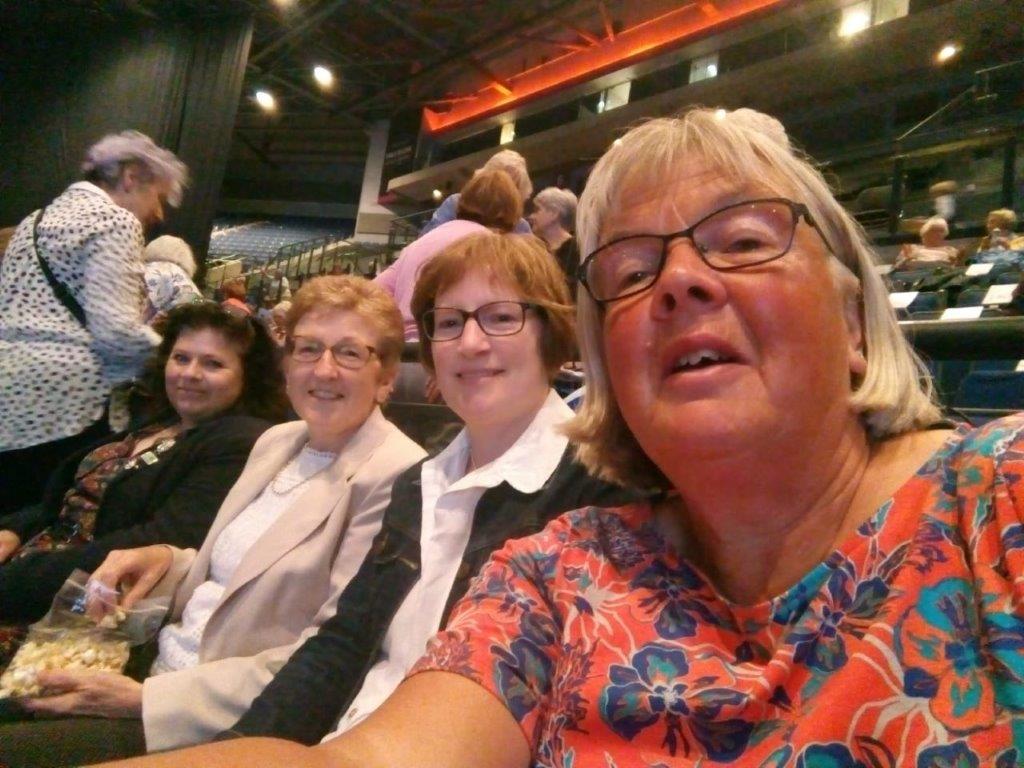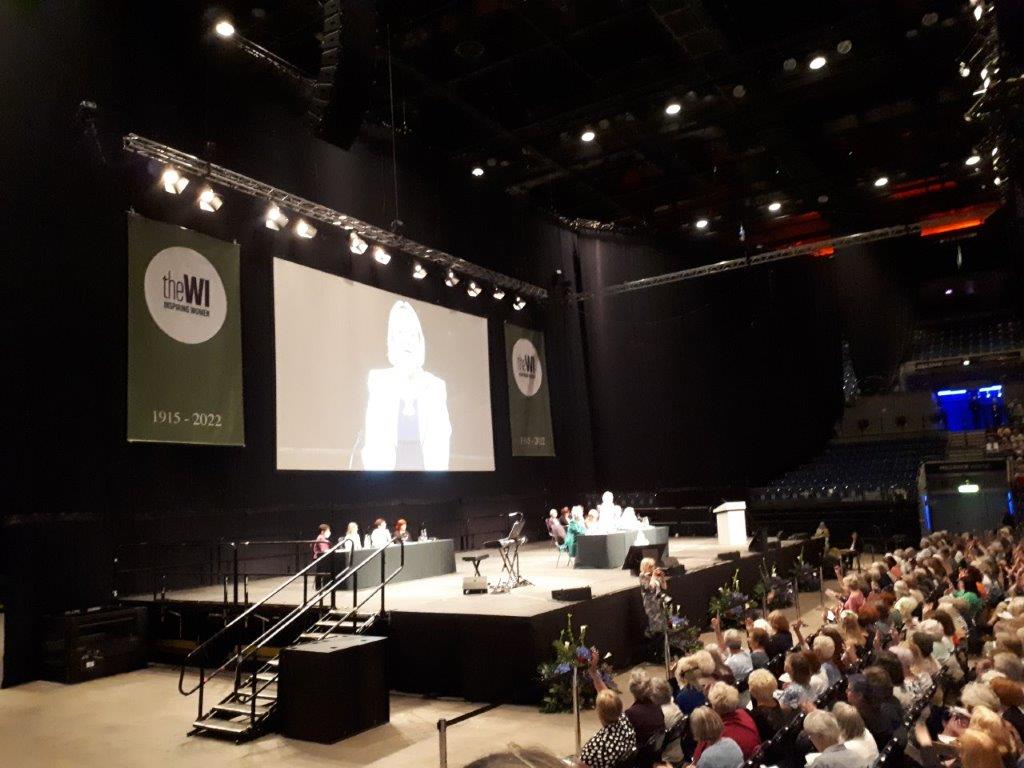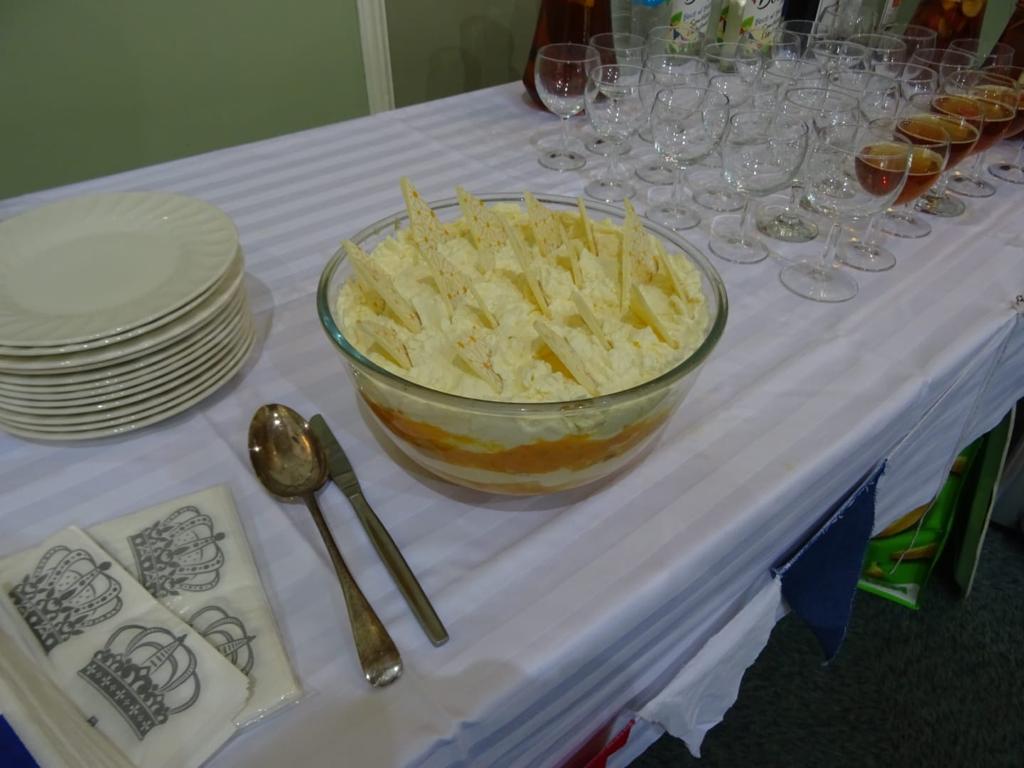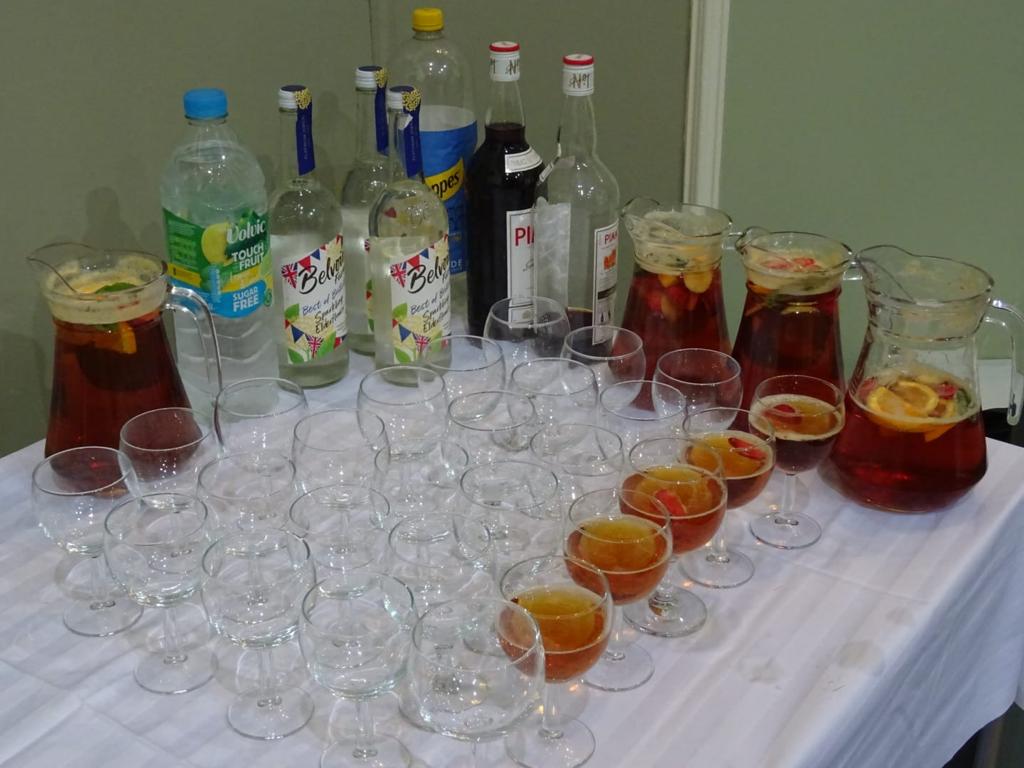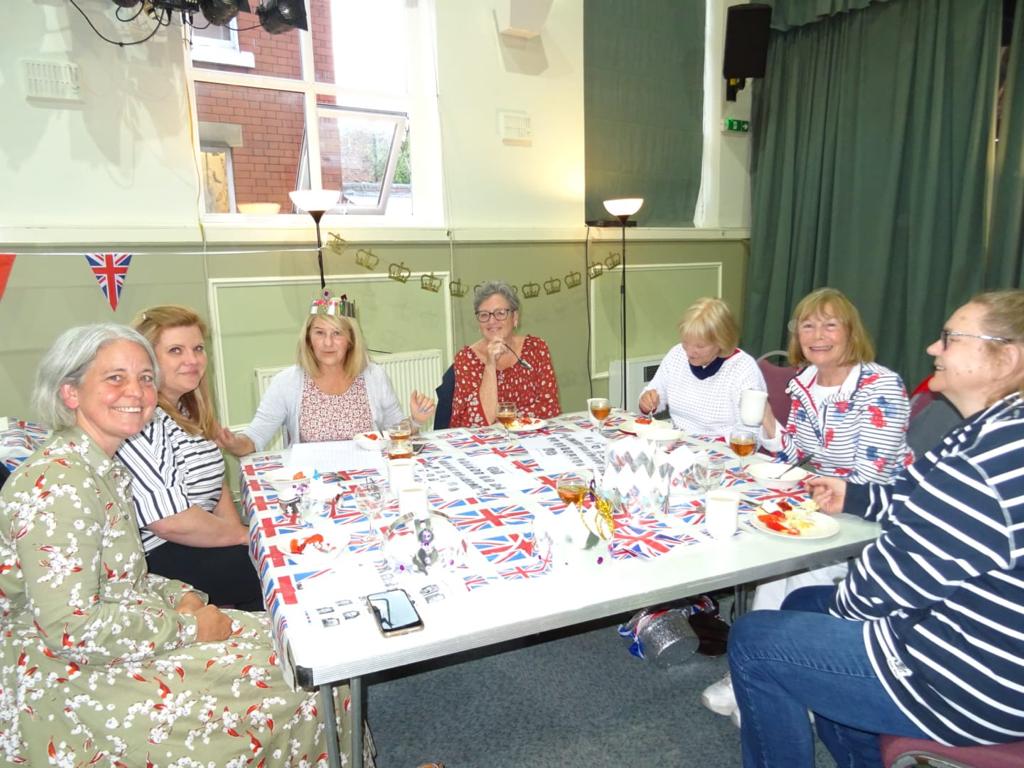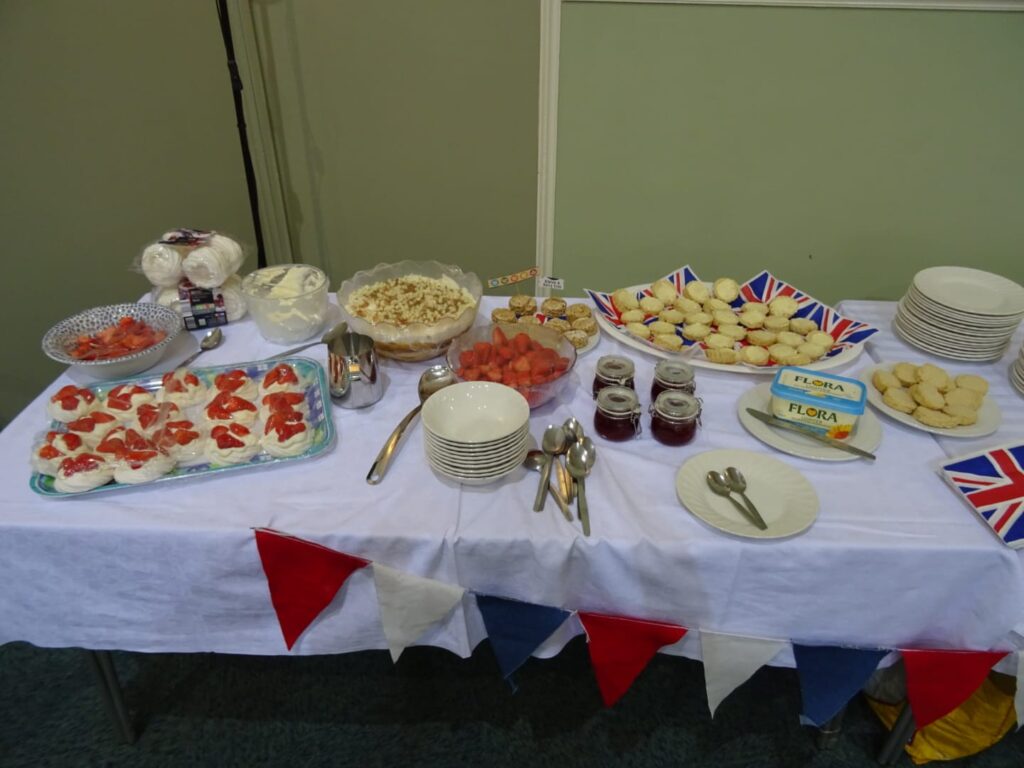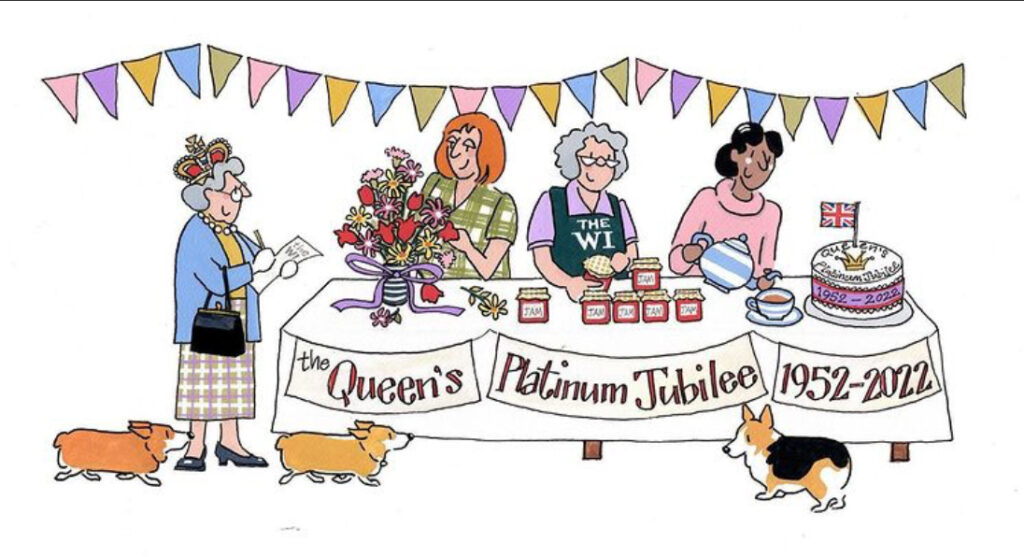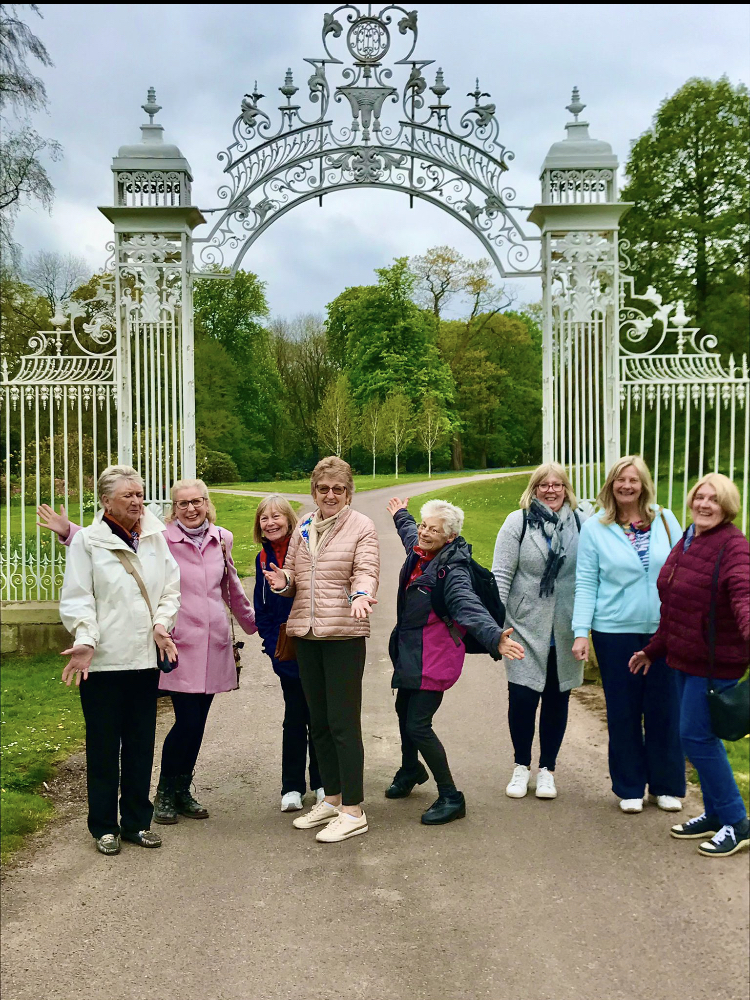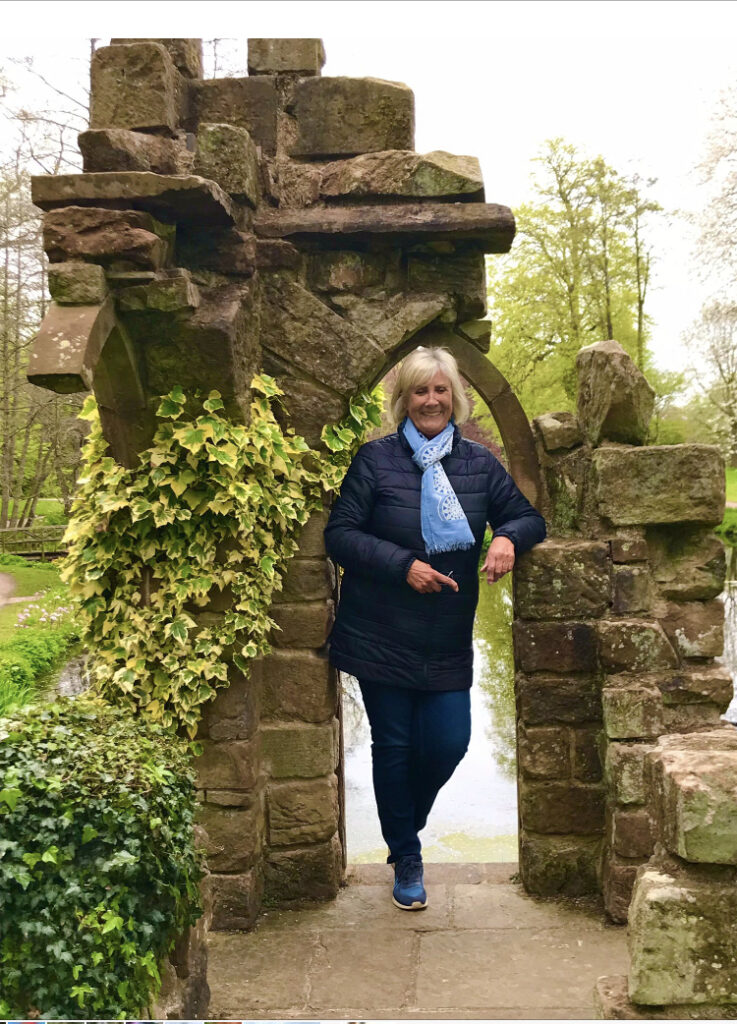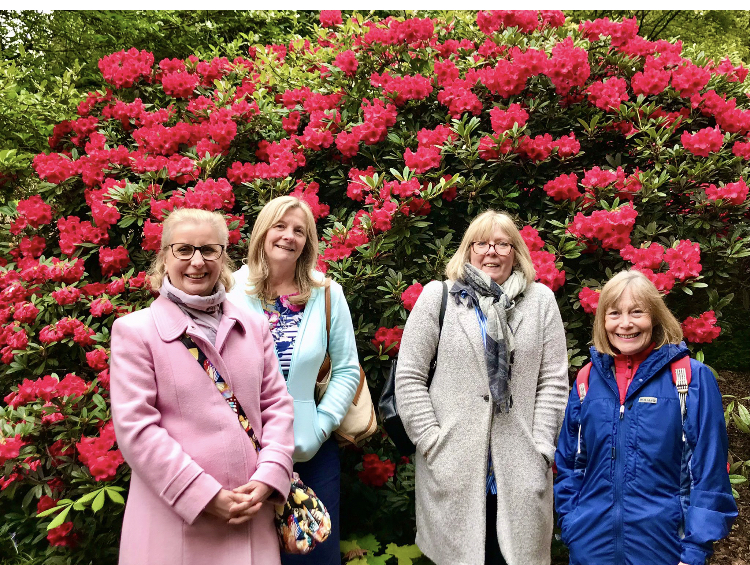I recently took advantage of another great opportunity offered by the Lancashire Federation, thank you for organizing by the way, as always you did an amazing job, and went along to the AGM, which was held in St Davids Hall in Cardiff this year and what a meeting it was. As part of the new commitment to inclusion it was a hybrid meeting, broadcast live to members around the country.
After the singing of Jerusalem Ann Jones, our NFWI chair welcomed everyone and the standing orders and tellers were agreed before the meeting went into full swing.
Ann Jones gave her address, saying the WI is strong and getting stronger as numbers swell, but we need to keep reaching out with the continued development of virtual WI’s and supporters.
She placed a particular emphasis on education and announced an exciting new initiative, the WI Learning Hub, which is going to provide FREE nationally available on line education to all WI members, as well as offering grants to federations to regionally expand their educational network.
The National Board were introduced and the treasurer, Jeryl Stone gave her report, showing the WI is still in net profit. She urged WI’s to promote gift aid amongst their members, with the profit going towards grants for Conversation Cafes.
We then had the first speaker, Ebony Rainford Brent MBE and England cricketer, speaker, broadcaster and life coach who inspired us with her story about overcoming injury as well as diversity and gender issues. She recommended that we rely on courage rather than confidence to get us to where we want to be, which is an excellent mantra.
Following this there was a very robust debate around the proposed resolution, particularly after the expert speakers. The resolution was passed with a 4007/742 majority announced after lunch, and the resolution process as well as the wording of this years resolution were both raised.
After lunch this years prizes were awarded for the Denman Cup and the Huxley Cup, as well as an award for the highest percentage of new members which was awarded to Formby. Well done Formby who won the 14-25 class with a huge increase in numbers.
Emma Holland-Lindsay, head of public affairs then gave a talk about the collective power of the WI and how we can get things done, and the new million women rise video was played following on from the march earlier in the year.
The second speaker, Laura McAllister, who is an ex Welsh footballer as well as currently standing as Vice Chair and UEFA told us how important it is to not be a … well for reason of decency I can’t tell you what she told us not to be, I will say idiot, don’t be an idiot to those around you, and also know when you should step back and let someone else take over, again very good advice.
After last years challenge of asking why you are not in the WI this years challenge is to review the constitution and assess where the institution wants to be next, as well as focusing on girls and young women and what we can do to make ourselves relevant to them.
Ann Jones then announced that the WI have been invited to take part in a coronation initiative along with the National Trust, which will be announced later this year.
Finally 2nd July is Thank You Day, and institutes are being invited to get together and perform the song I’ll Be There For You in flash mobs, choirs and community events, so get practicing.
After the singing of Jerusalem, Land of My Fathers and God save the King the meeting was adjourned. The next meeting with be at the Albert Hall on 5th June 2024.
Emma Gillinder
Red Rose Editorial Team
